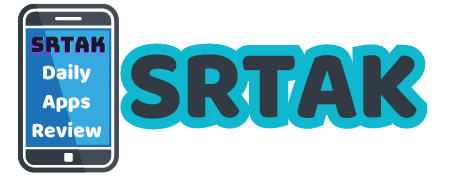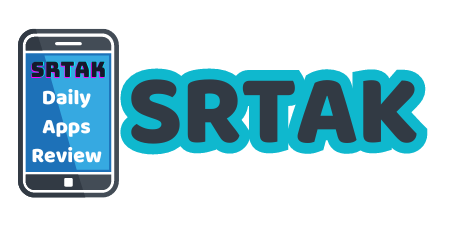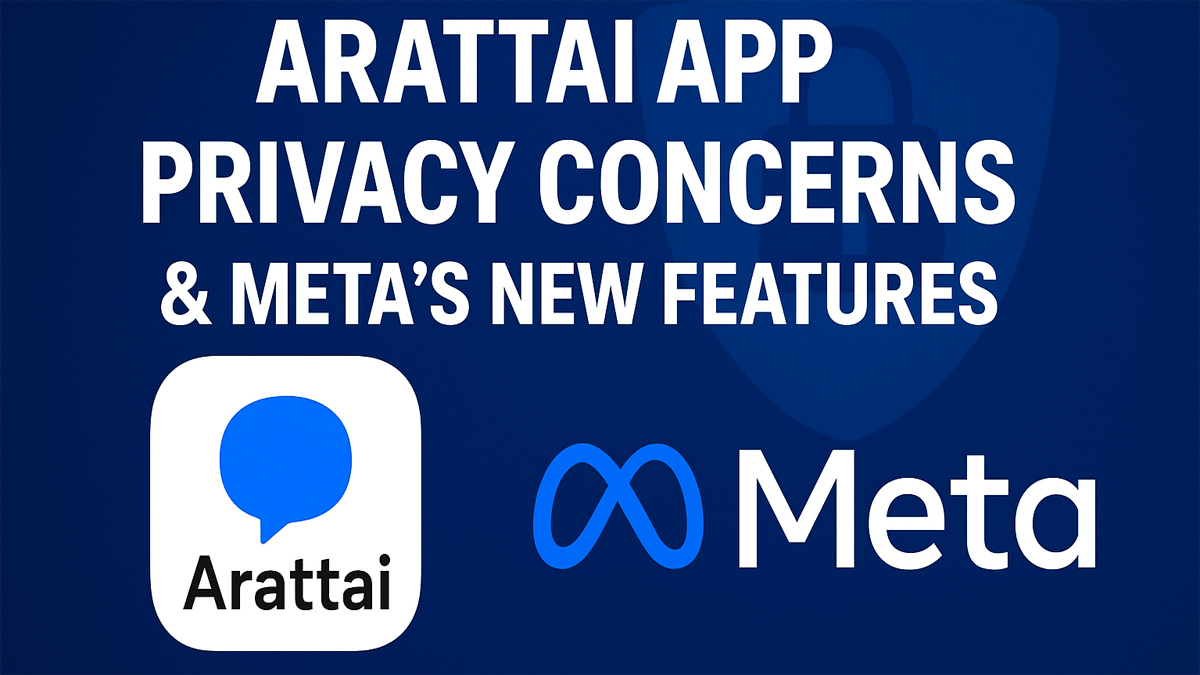Arattai App Privacy Concerns & Meta’s New Features – What’s Trending in Indian Tech
In recent days, the Arattai app privacy concerns have exploded across social media and Google search in India. People are asking: How secure are messages shared on Arattai? Are images and private content truly encrypted? Meanwhile, Meta (owner of Facebook & Instagram) has rolled out new AI-powered features like Hindi dubbing for Reels and Instagram map features with enhanced privacy. These developments are shaping how Indians perceive and use social apps in 2025.
1. What’s the Buzz About Arattai?
Zoho’s Arattai, a “Made in India” messaging app, has become a hot topic lately. The app has been promoted as a privacy-focused alternative to other chat apps. However, questions have come up:
-
Users on social platforms have asked Zoho founder Sridhar Vembu whether private images shared between close ones (like husband and wife) remain private. The concern is: Are these images stored securely? Is there end-to-end encryption? The Times of India
-
Zoho has responded that they plan to implement end-to-end encryption in Arattai to ease such privacy worries. The Times of India
So if you’ve been typing “Arattai privacy” or “Arattai secure?”, you’re not alone. Many are switching to apps that guarantee better data protection and transparency.
2. Meta’s New Moves: AI Translation, Reels with Hindi Dubbing & Map Features
As Indians worry more about privacy and authenticity, Meta has been adding features that both increase reach and try to address regional content and inclusivity.
-
AI Translation for Reels & Facebook: Now reels posted in English (or other languages) can be dubbed into Hindi (and Portuguese). This helps content reach people who prefer local languages. The Times of India
-
Instagram Map Feature with Privacy Controls: Users can explore local spots, trending restaurants, cafés via geo-tagged posts. And importantly, the privacy control for sharing location data has been strengthened. The Times of India
These features matter because more Indians are using these platforms to create, share, discover — but also worry about privacy, language barriers, and control over their data.
3. Why Arattai’s Privacy Concerns Are Important
Privacy is no longer a side issue. Here’s why people are concerned:
-
As apps scale, the risk of data leaks or unauthorized sharing increases. Even a single report of misuse can damage trust heavily.
-
Users want full control — know who sees what, how data is stored, whether third parties have access, etc.
-
Many Indians are seeking alternatives to big global apps, driven by the need for data sovereignty (data stored in India, rules by Indian data laws).
Arattai is promising these, but many will wait to see actual implementation (like encryption, data center locations, policies).
4. Comparison: Arattai vs Other Messaging / Social Apps
Let’s compare what’s being offered now vs what others like WhatsApp, Telegram, Signal, etc., already do or offer.
| Feature | Arattai (Zoho) | Telegram / Signal | |
|---|---|---|---|
| End-to-end encryption (images/messages) | Soon to implement / promised with concerns The Times of India | Yes (by default) | Yes (optional / default) |
| Data storage location | India-oriented / privacy policies under discussion | Mixed / global servers | Mixed but better privacy focus |
| Local language support | Increases in updates; bilingual / regional features expected | Good; many regional languages supported | Strong in many regions too |
| Feature set beyond chat (shopping, reels, maps) | Developing, integration with Zoho ecosystem | Lots of add-ons over time (statues, payments, etc.) | More focused on privacy & lightweight features |
Arattai is trying to position itself not just as another messenger but part of Zoho’s broader workplace and privacy-first mission.
5. What Users Want & What’s Next
From social media posts and trending searches, several expectations are loud and clear:
-
Real end-to-end encryption on everything including media (photos, videos).
-
Transparency on how data is stored, used, and shared.
-
User control over metadata, message expiry, read receipts, etc.
-
More regional features and local language support.
-
Minimal footprint (app size, permissions) and non-intrusiveness (no forced ads etc.).
Zoho seems to be listening. The update promises stronger privacy features. Meta’s changes show the market is expecting more than just flashy features; they expect responsible tech.
6. Implications for Tech & App Content Creators
If you run content, app review sites, or tech blogs (like srtak.com), here’s how you can leverage this trend:
-
Write detailed comparisons: Arattai vs WhatsApp vs Signal (privacy, features, user experience).
-
Create helpful guides: How to check if your chat app has real encryption, How to set up privacy settings in Arattai.
-
Use keywords people are searching: Arattai privacy concerns, Arattai encryption vs WhatsApp, Meta Hindi dubbing Reels feature.
-
Produce content in regional languages too, because many users search in Tamil, Hindi, Telugu etc.
These topics are seeing spike in search volume and social conversations — good SEO potential.
7. Final Thoughts: Where Things Are Headed
The buzz around Arattai app privacy concerns and Meta’s recent inclusivity updates signal a shift. People want tech that is powerful but also ethical, private, regional.
-
For Zoho / Arattai, delivering on promised encryption and data protection is crucial.
-
For Meta, localized features (language, location privacy) will keep them relevant.
-
For users, this is a good time to evaluate what they share, with whom, and which apps respect their privacy.
India is becoming more aware, and app developers are being held to higher standards. The next big winners will be those who deliver security, transparency, and local relevance — not just new features.
✅ Key Takeaways
-
Arattai app privacy concerns is trending — people want to know how private their shared images and chats are.
-
Meta is rolling out translation, dubbing, and map features to reach wider user base and answer language/privacy demands.
-
Users are now choosing apps based on trust as much as features.
-
Content creators who make content around privacy, comparisons, guides can ride this search surge.


